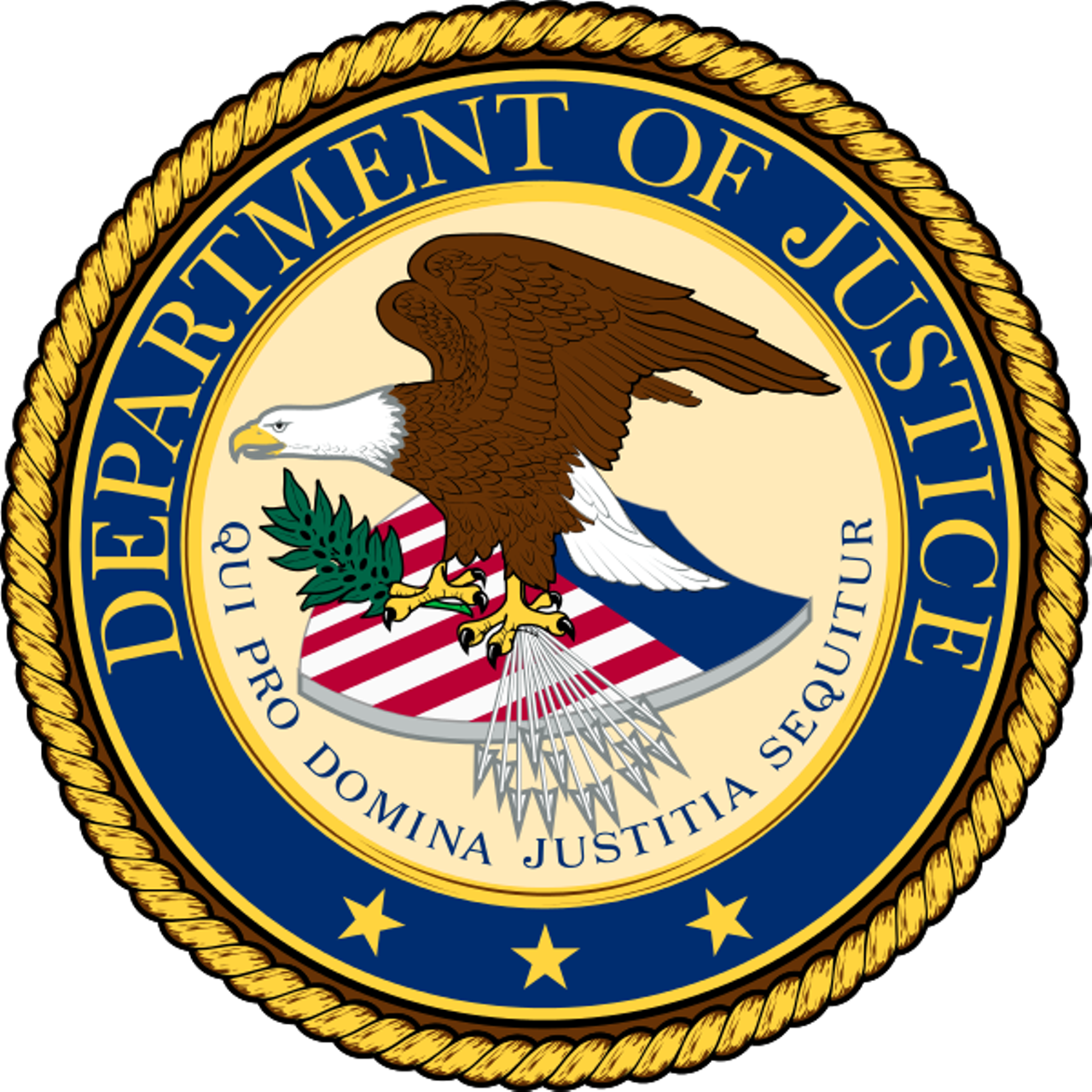Methodist Le Bonheur Healthcare (MLH) paid for unlawful kickbacks from the West Clinic for patient referrals, according to a lawsuit filed Tuesday by the U.S. Department of Justice (DOJ), but the Memphis companies say the allegations “mischaracterize” the relationship.
The DOJ began investigating the claims in 2017, after Jeffrey H. Liebman, the former president of Methodist University Hospital, came forward as a whistleblower. He was joined in the whistleblower suit in 2019 by Dr. David M. Stern, M.D., who served in leadership roles at Methodist, West Clinic, and the University of Tennessee Health Science Center (UTHSC).
In 2012, Methodist announced a “partnership” between the healthcare system and West Clinic. At the time, Methodist lacked a comprehensive cancer treatment service. The deal would allow West’s patients to get treatment at Methodist-owned facilities.
The news release issued at the time said it was not a “sale” but a “novel partnership.” The two were “joining forces with Methodist to create a comprehensive, fully integrated cancer service for the benefit of Mid-South residents.” But, the DOJ said, Methodist “purchased substantially all of [West’s] outpatient locations.” This deal allowed Methodist to get more Medicare reimbursements, or more payments from the federal government for caring for Medicare patients.
At the same time, Methodist made a $7 million investment in ACORN Research, a business in which West and its medical director, Dr. Lee Schwartzberg, had a personal financial interest, the DOJ said. This gave the parties involved the mechanism to move the kickback funds during the seven years of the agreement. The payments were “expressly” for services that were supposed to be — but were not — provided in the agreement.
The DOJ said the entire “sophisticated business integration” helped to disguise the “unlawful kickbacks.” The department said, “Methodist knowingly agreed to pay West millions of dollars in kickbacks for the revenues Methodist expected to, and ultimately did, realize from West’s referrals.”
The agreement lasted from January 1st, 2012 through December 31st, 2018 and continued even after Methodist knew the allegations were being investigated by federal agencies.
“Methodist knowingly agreed to pay West millions of dollars in kickbacks for the revenues Methodist expected to, and ultimately did, realize from West’s referrals.”
U.S. Department of Justice
“As a result of the transaction, Methodist, which prior to the deal had no outpatient cancer treatment, was able to establish a new stream of income in the reimbursements for outpatient treatment that previously went to West,” the DOJ said in a news release issued Tuesday. “Methodist also realized a huge increase in referrals for inpatient services from West, which previously referred the bulk of its patients to Methodist’s competitors, including Baptist Memorial Hospital.
“By purchasing West’s outpatient locations, Methodist was able to bill Medicare not only for the facility and professional components of outpatient treatment but also for the chemotherapy and other drugs provided, for which Methodist could recoup a staggering discount in costs through the 340B Discount Drug Program, resulting in $50 million in profits to Methodist in one year alone.”
But Methodist officials rebutted the allegations Tuesday. the deal structure was created by “respected outside experts” who said the agreement reflected fair market value for the services. It will fight the government’s “allegations in detail in the appropriate legal forum.”
A statement from Methodist said, “Our payments were appropriate, and MLH received the services due under affiliation agreements. The government’s belated decision to intervene in the suit two years after it declined to do so has changed nothing about the case.
“We are proud that our partnership with West succeeded in creating an integrated cancer diagnosis treatment and surgical service that not only improved cancer care, but provided care where it was needed most, reduced health disparities and led to better patient outcomes for the Memphis and Mid-South communities.”
The matter is being investigated by the U.S. Department of Health and Human Services, Office of Inspector General.
